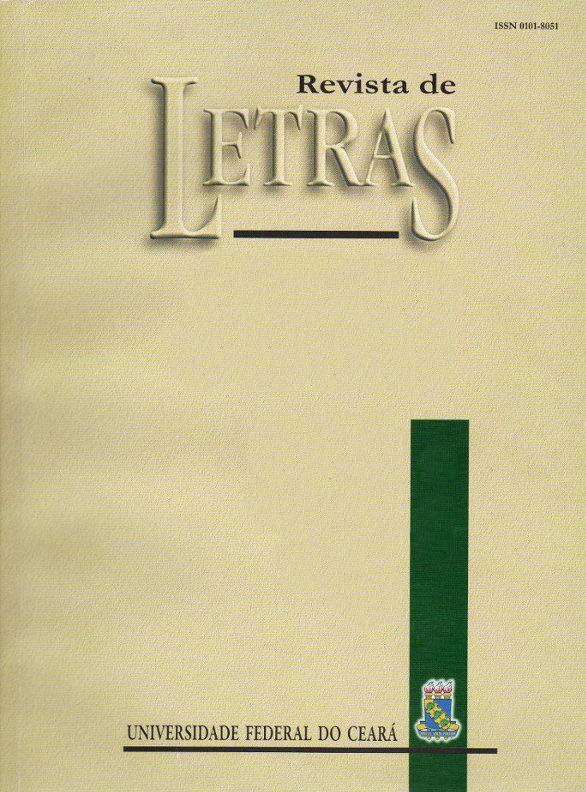ATIVIDADE SOBRE ORGANIZAÇÃO RETÓRICA DE RESUMO ACADÊMICO EM PORTUGUÊS PARA LICENCIANDOS SURDOS
Keywords:
Português como segunda língua para surdos, Modelo didático de gênero, Organização retórica de resumo acadêmicoAbstract
This article aims to analyze the results of an activity focused on teaching Portuguese, with an emphasis on the organization of the academic summary genre, developed with deaf undergraduate students of the Libras course. We adopted as theoretical assumptions Portuguese as a second language for deaf students from a bilingual perspective, sociodiscursive interactionism (SDI), with the notion of a didactic model of genre, and sociorhetoric, with the notion of rhetorical organization. The data analyzed are part of module 3 of a didactic sequence, linked to an ongoing doctoral research. The results indicate that the activity developed provided students with an understanding of rhetorical organization as a relevant dimension that favors the recognition of the essential organizational elements of this genre. The study demonstrates how adapted activities can contribute to the development of linguistic skills and deaf undergraduate students.
Downloads
Downloads
Published
How to Cite
Issue
Section
License
Copyright (c) 2024 Isabelle Pinheiro Fagundes, Maria Augusta Gonçalves de Macedo Reinaldo

This work is licensed under a Creative Commons Attribution 4.0 International License.
Autores que publicam nesta revista concordam com os seguintes termos:- Autores mantêm os direitos autorais e concedem à revista o direito de primeira publicação, com o trabalho simultaneamente licenciado sob a Licença Creative Commons Attribution que permite o compartilhamento do trabalho com reconhecimento da autoria e publicação inicial nesta revista.
- Autores têm autorização para assumir contratos adicionais separadamente, para distribuição não-exclusiva da versão do trabalho publicada nesta revista (ex.: publicar em repositório institucional ou como capítulo de livro), com reconhecimento de autoria e publicação inicial nesta revista.
- Autores têm permissão e são estimulados a publicar e distribuir seu trabalho online (ex.: em repositórios institucionais ou na sua página pessoal) a qualquer ponto antes ou durante o processo editorial, já que isso pode gerar alterações produtivas, bem como aumentar o impacto e a citação do trabalho publicado (Veja O Efeito do Acesso Livre).

.png)





.png)
